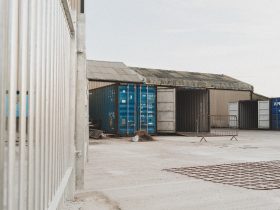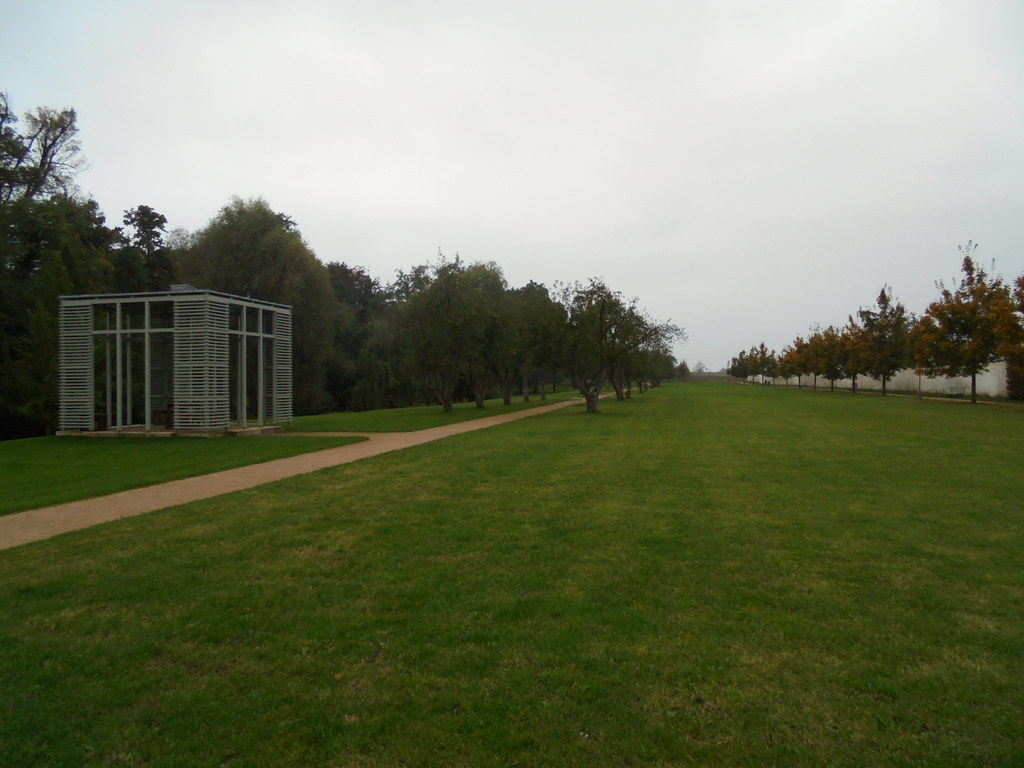Living off-grid in a container home offers a unique and sustainable lifestyle. It allows individuals to disconnect from traditional utilities and embrace self-sufficiency. While this lifestyle comes with its fair share of challenges, the rewards are abundant. In this article, we will explore the challenges and rewards of off-grid container home living, providing insights into what it takes to thrive in this alternative way of life.
Challenges of Off-Grid Living
Energy Generation and Storage
One of the primary challenges of off-grid living is generating and storing sufficient energy. Depending on the location and energy needs, individuals may choose from various options such as solar panels, wind turbines, or a combination of both. However, it is essential to accurately assess energy requirements and invest in adequate storage capacity to ensure a consistent power supply, especially during periods of low energy generation.
Water Supply and Management
Off-grid living often requires individuals to find alternative solutions for water supply and management. This may involve collecting rainwater, drilling a well, or utilizing nearby water sources such as rivers or lakes. Proper filtration and purification systems are also necessary to ensure the water is safe for consumption. Additionally, implementing water conservation practices becomes crucial due to the limited availability of water resources.
Waste Disposal and Recycling
Proper waste disposal and recycling can be challenging when living off-grid. Individuals must adopt eco-friendly practices, such as composting organic waste and minimizing non-recyclable materials. It is important to research local regulations and find appropriate disposal methods for hazardous or non-biodegradable waste. Developing a comprehensive waste management plan is essential to maintain a clean and sustainable living environment.
Maintenance and Repairs
Maintaining an off-grid container home requires a certain level of technical knowledge and self-sufficiency. Individuals must be prepared to handle routine maintenance tasks, such as checking solar panels, monitoring battery health, and troubleshooting electrical or plumbing issues. Having basic repair skills and access to necessary tools and spare parts is crucial to addressing unexpected breakdowns efficiently.
Isolation and Connectivity
Living off-grid can sometimes lead to a sense of isolation, especially if the container home is located in a remote area. Limited access to amenities and social interactions may require individuals to adapt to a more self-reliant and independent lifestyle. Additionally, establishing reliable communication methods, such as satellite internet or two-way radios, becomes crucial for emergencies and staying connected with the outside world.
Rewards of Off-Grid Living
Environmental Sustainability
One of the most significant rewards of off-grid living is the ability to reduce environmental impact. By generating renewable energy, conserving water, and implementing sustainable practices, individuals can significantly minimize their carbon footprint. Off-grid container homes serve as a shining example of sustainable living and contribute to a greener, more eco-conscious future.
Financial Freedom
Living off-grid can offer financial freedom by reducing or eliminating monthly utility bills. With self-generated energy and water sources, individuals can save substantial amounts of money in the long run. The initial investment in off-grid infrastructure may require a significant upfront cost, but the long-term savings make it a worthwhile endeavor.

Self-Sufficiency and Resilience
Off-grid living promotes self-sufficiency and resilience. Individuals learn to rely on their skills and resources, becoming more self-reliant in meeting their basic needs. This level of independence fosters a sense of empowerment and resilience, as individuals are better equipped to handle unexpected situations or emergencies without relying on external support systems.
Connection with Nature
Living off-grid in a container home allows individuals to foster a deeper connection with nature. Being surrounded by natural landscapes, individuals can appreciate the beauty of the environment and develop a stronger sense of environmental stewardship. The tranquility and serenity that come with living in remote areas can also contribute to improved mental and emotional well-being.
Simplicity and Minimalism
Off-grid living often leads to a simpler and more minimalist lifestyle. With limited resources and space, individuals naturally reduce their consumption and prioritize what truly matters. This shift towards minimalism promotes a clutter-free living environment and encourages a focus on experiences and personal growth rather than material possessions.
Conclusion
Off-grid container home living presents both challenges and rewards. While individuals must overcome obstacles such as energy generation, water management, waste disposal, and maintenance, the rewards of environmental sustainability, financial freedom, self-sufficiency, connection with nature, and simplicity make it a fulfilling and rewarding lifestyle choice. Off-grid living allows individuals to embrace a more sustainable way of life and create a harmonious balance between human needs and the natural world.





















Find Us on Socials